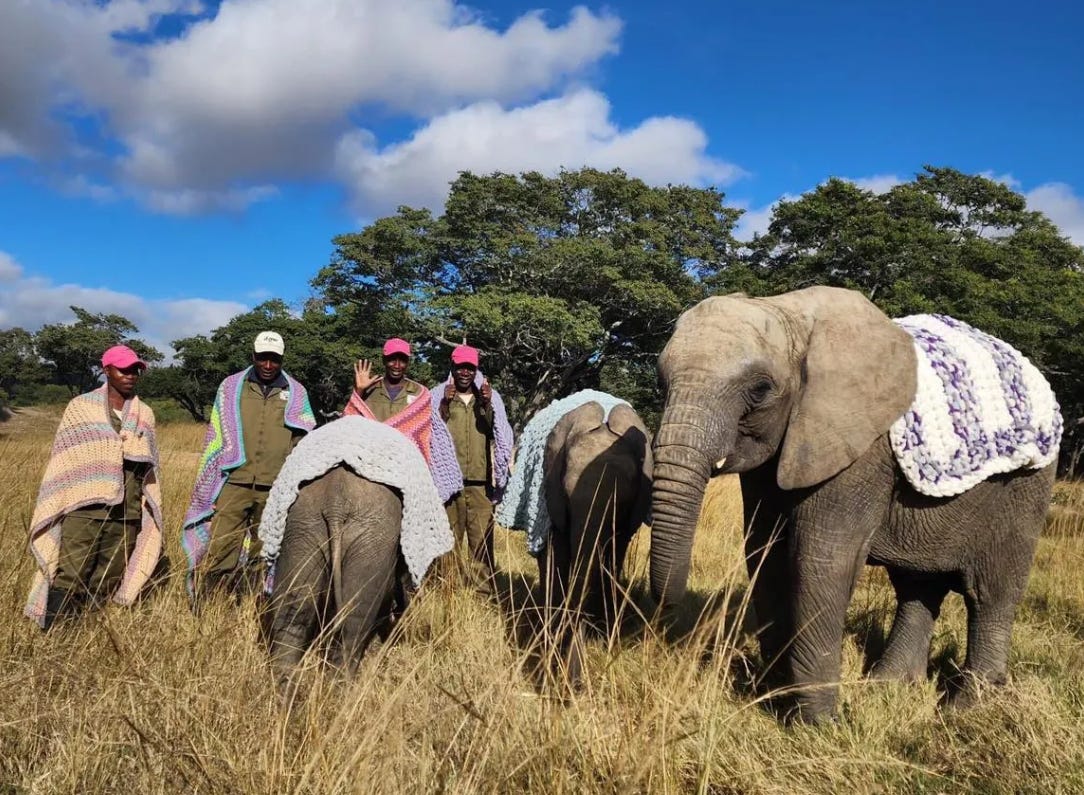Create more space in your life without changing what you do
One of the most stress-inducing ideas, when we’re crazy busy, is the one that we just don’t have time to relax. We’d love to push back for a while. In fact, we’re desperate for it. But we put the idea out of our mind because we’ve still got a pile of work to get through, and there just isn’t any opportunity for downtime.
Except that there is.
The good news is that to create a sense of space in your life you don’t always have to change what you do. What you can change is how you do it.
The true cause of stress is to be found within the self-talk or rumination that runs through our mind. Neuro-scientists call this ‘narrative’ mode. It includes all those heart-pounding, stomach-churning thoughts about deadlines, demands, and problems involving such things as relationship, financial, health, legal or other matters.
There is another mode called ‘direct,’ which is when we pay direct attention to what we are seeing, hearing, smelling, tasting or touching. We are in direct mode when we are, for example, listening very attentively to music, or completely focused on the person we’re with.
When we spend time in direct mode, we are, by necessity, not in narrative mode. And the more time we spend in direct mode, the less play-time available for negative cognition. This has the effect of diminishing the impact of unhappy thoughts, as well as providing our minds with the raw material for more positive cognition. In short, whatever is stressing us out seems less overwhelming. We achieve a more balanced perspective.
There are very real benefits from learning to spend more time in direct mode, and less absorbed in negative self-talk. But how can you create as many direct mode opportunities in your day without changing your schedule? Here are a few suggestions to get you started:
Showering/bathing – Instead of a whole lot of random rumination, achieving nothing except a feeling of stress, try to shower or bath mindfully. The sensation of water on the skin and scalp, the scent of soap, the warm feeling on your body from the hot water – practice focusing on these instead of slipping into negative cognition.
Commuting/driving – You may have to spend part of your commute attending to work messages. But do you really need to check social media updates, play online games or listen to the radio? Try some quiet time instead. If you commute, get a free guided meditation download by signing up on the Home page of my website and spend 10 minutes focusing on your breath. If you drive, try to focus simply on driving and breathing. Even a two minute period on public transport can be an opportunity for a two minute meditate. (My CDs, Cool Calm and Commuted and Mindfulness for Manic Motorists are designed for precisely these occasions).
Drinking coffee – Perhaps you regularly buy a barista-made coffee? If so, how about drinking it mindfully? Really savour every mouthful of the coffee, the mixture of tastes – nuttiness, creaminess, richness, toastiness. Take a forensic interest.
Washing dishes/ironing clothes/routine chores – Most of us have to do a whole pile of routine chores, which we usually conduct on autopilot while spending our time thinking about something else. How about focusing on the task in hand? Treating what we do as a meditative experience – an opportunity to focus on the detail of this moment, here and now?
These are just a few ideas. But you get the picture. By reframing everyday activities – even toilet breaks – as opportunities for mindfulness, we can significantly alter the balance of narrative vs direct mode. Without changing what we do, by changing the way we do it, we have the capacity to change the soundtrack in our minds and to create the subjective experience of greater space, peace and well-being.
If you’d like to receive more blogs on this and related subjects, please click the ‘Follow’ button at the bottom right hand of your screen now!
I have written a lot more about the nature of mind in my book, Why Mindfulness is Better Than Chocolate.
This Substack page is my attempt to create something that matters. By sharing Buddhist insights and practices, I am trying to fundraise for the causes I feel strongly about - and where I know our every dollar really counts.
If you are able, please consider becoming a paid subscriber, or perhaps gifting a subscription to a friend who may treasure a weekly post. Every new subscription really does make a difference.
If you are not able to become a paid subscriber, I do hope you continue to enjoy the work I share.
Above: Some of the amazing rangers and elephants from Wild is Life in Zimbabwe who are helped thanks to your paid subscription.





